If you have been diagnosed with osteoporosis or osteopenia there’s a good chance you’ve been told by your doctor that you will need to scrap some food items off your grocery list.
Especially any foods containing high levels of processed sugar and high sodium content. Both of which have been proven to be less than friendly to your bones.(1) If sugar contributes to cavities and the decay of your teeth, think of what it is doing to the rest of your bones!
So if you want to treat them right, you’re going to have to sacrifice some of the sugary treats and salty indulgences that you love so much.
You hear it, time and time again, “eat right”. But what does that mean when it comes to optimal bone health?
Well, as it turns out there are ample options out there for us to choose from that I plan to go over in just a moment with you.
In the meantime, let’s talk a little bit about foods that are beneficial for bone health.
Usually, when we think of foods that are good for our bones we immediately think of milk, cheese, and other dairy products. These are great sources of calcium and help support our bones, however, there are many other food options with high calcium content, too.
There are also foods that spark debate as to whether or not they hurt or help our bones. One of those is coffee. For a while now it’s been assumed that coffee may contribute to bone loss, but for all you coffee lovers out there, fear not. You may not have to put away your morning joe just yet.
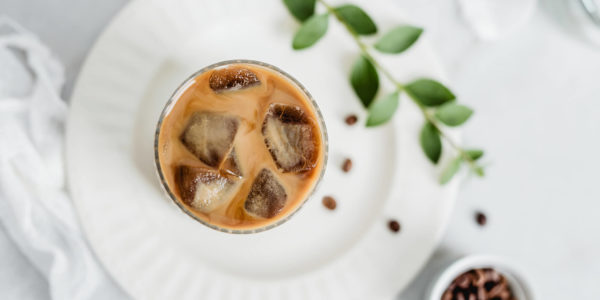
Caffeine and Osteoporosis
The thought of giving up your coffee might hurt, but the good news is, you don’t have to.
Studies have shown that coffee consumption has little negative effect on your bones (unless you’re drinking large amounts like 8 cups a day or more). In fact, coffee has some wonderful benefits to your overall health.
How?
Because coffee contains potent antioxidants. In particular, polyphenols. Polyphenols have been shown to help prevent cardiovascular diseases, Alzheimer’s disease, and chronic inflammation!
If you would like to read more about the coffee debate, check out the following article.
As mentioned earlier, there are lots of bone-friendly foods out there besides your typical glass of milk or piece of cheese. For those of you who are vegetarian, vegan or lactose intolerant, this does not mean you have to lose out on your calcium intake. Leafy greens and vegetables like broccoli all contain reasonable sources of calcium.
For more information on calcium-rich foods, check out this great article giving you the low down.
Bone Healthy Minerals
Healthy bones are made up of more than just calcium. The following are vitamins and minerals that have been shown to contribute to strong, healthy bones:
- Vitamin D3: The best source of vitamin D3 is from the sun and plays a vital role in your bone health. If you are low in vitamin D3 it has been shown to cause pain, muscle weakness, rickets, and osteomalacia. For more on vitamin D3, go here.
- Vitamin K2: Another vitamin that contributes to your bone health is vitamin K2. You may associate K2 for its ability to thicken your blood, but it also has a vital role in your bone health. It helps the calcium we’re taking stay in your bones where it belongs and prevents calcium from entering the bloodstream. So before you brush off vitamin K2, consider it as part of your bone-building routine.
- Magnesium: It works as a team with calcium and also contributes to the breakdown of glucose and fat cells. But magnesium doesn’t stop there. It is crucial for the production of proteins, enzymes, and antioxidants. Magnesium even helps to regulate your cholesterol levels. A very important mineral indeed.
- Boron: If you have been doing your homework on bone health, you may have read some articles related to Boron such as this one right here. Boron is wonderful for our overall health, but especially our bone health due to its ability to ease inflammation. Inflammation is a key contributor to osteoporosis so don’t overlook the benefits of this powerful mineral.
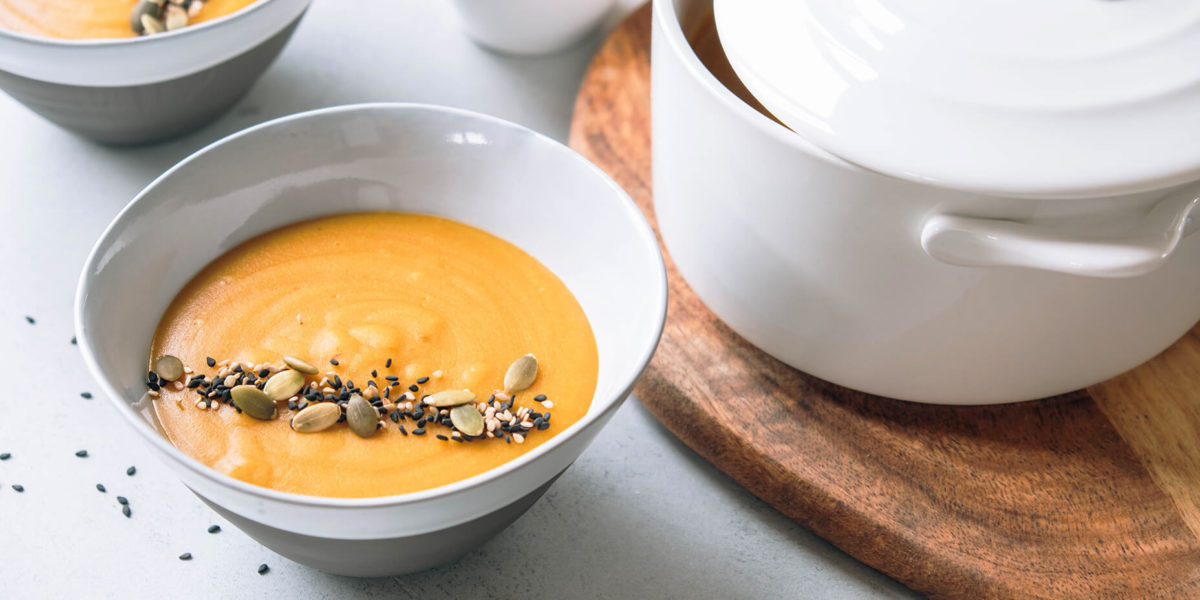
Bone Healthy Foods for Osteoporosis
Typically when we hear about foods that strengthen bones, we hear things like “Got Milk?” Of course, dairy products, in general, are a wonderful source of calcium but I want to share with you a list of foods that do an equally good job of providing you with bone-building power. The National Osteoporosis Foundation recommends these bone-building foods to help:(2)
| Food | Nutrient |
|---|---|
| Dairy products such as milk, yogurt and cheese | Calcium. Can also be fortified with Vitamin D. |
| Milk alternatives such as almond milk, coconut milk, hemp milk | Milk alternatives can be fortified with calcium, vitamin D |
| Canned sardines and salmon (with bones) | Calcium, omega-3 fatty acids, vitamin D |
| Fatty varieties such as salmon, mackerel, tuna and sardines | Vitamin D |
| Fruits and vegetables | |
| Collard greens, turnip greens, kale, okra, Chinese cabbage, dandelion greens, mustard greens and broccoli. | Calcium |
| Spinach, beet greens, okra, tomato products, artichokes, plantains, potatoes, sweet potatoes, collard greens and raisins. | Magnesium |
| Tomato products, raisins, potatoes, spinach, sweet potatoes, papaya, oranges, orange juice, bananas, plantains, and prunes. | Potassium |
| Red peppers, green peppers, oranges, grapefruits, broccoli, strawberries, brussels sprouts, papaya and pineapples | Vitamin C |
| Dark green leafy vegetables such as kale, collard greens, spinach, mustard greens, turnip greens and brussels sprouts. | Vitamin K |
| Fortified Foods | |
| Calcium and vitamin D are sometimes added to certain brands of juices, breakfast foods, soy milk, rice milk, cereals, snacks, and breads. | Calcium, Vitamin D |
Want more content like this? Check out our main diet and nutrition for osteoporosis page.
Your Bone Health Diet Plan
Your diet is not to be underestimated! Maintaining adequate amounts of calcium (and magnesium) will always be important. And how best to get those nutrients? Through your diet first and foremost.
The best foods for osteoporosis are a variety of dark green leafy vegetables like kale, collage greens, spinach (listed above) into your regular meal plans. Also, nuts and seeds rich in plant-based omega-3 fatty acids like walnuts, pumpkin, hemp and chia seeds. Add fresh fruits throughout the day as a snack or a sweet dessert treat and then make sure you are getting adequate protein. This can be from plant sources such as tofu (non-GMO and organic), grass-fed beef, fish or chicken. Whole grains and sprouted grains can also be a part of a healthy, balanced bone building diet.
When thinking about your diet. Get back to basics. Whole, unprocessed, natural foods. Also – make sure there is tons of color on your plate. The more the merrier I always say 🙂
And just as important as knowing what foods to eat, you should also know what foods to avoid:
- Excess salt
- Processed sugar
- Refined foods (fast foods, meals in a box etc.)
- Excess alcohol consumption
The foods list provided above should be apart of your osteoporosis diet plan. You can use this list as a guide to creating some wonderful meal plans dedicated to not only building bones but your overall health.
An example of a bone-building meal day might be:
- Breakfast: Chia pudding made with almond milk and topped with strawberries and blueberries. Chia seeds are a great source of plant-based omega-3 fatty acids (ALA). Soak them in a 1:3 ratio of almond milk (or milk) overnight to add calcium to this dish and top with fresh sliced strawberries and blueberries for an antioxidant punch. Talk about a satisfying breakfast!
- Lunch: Sweet potatoes stuffed with a black bean, corn and kale salad. This veggie-packed meal won’t lack protein (beans) or magnesium and is a yummy change to the ‘boring’ lunch salad.
- Dinner: Salmon with a sun-dried tomato topping and steamed brussels sprouts. Wild sockeye salmon is packed with omega-3 fatty acids and vitamin D. By adding sun-dried tomatoes and brussels sprouts you’re also getting important magnesium and vitamin K.
- Snack: A handful of dried plums will give you lots of energy as well as satisfying your potassium needs. Studies have shown that dried plums may shield you from osteoporosis.
This, of course, is just a one-day example of what your bone health diet may look like. Have any bone building food recipes you’d like to share? Comment below! Or if you’d like to download the AlgaeCal Ebook: Recipes for Stronger Bones, which boasts 30 calcium and magnesium packed recipes, fill out the form below!
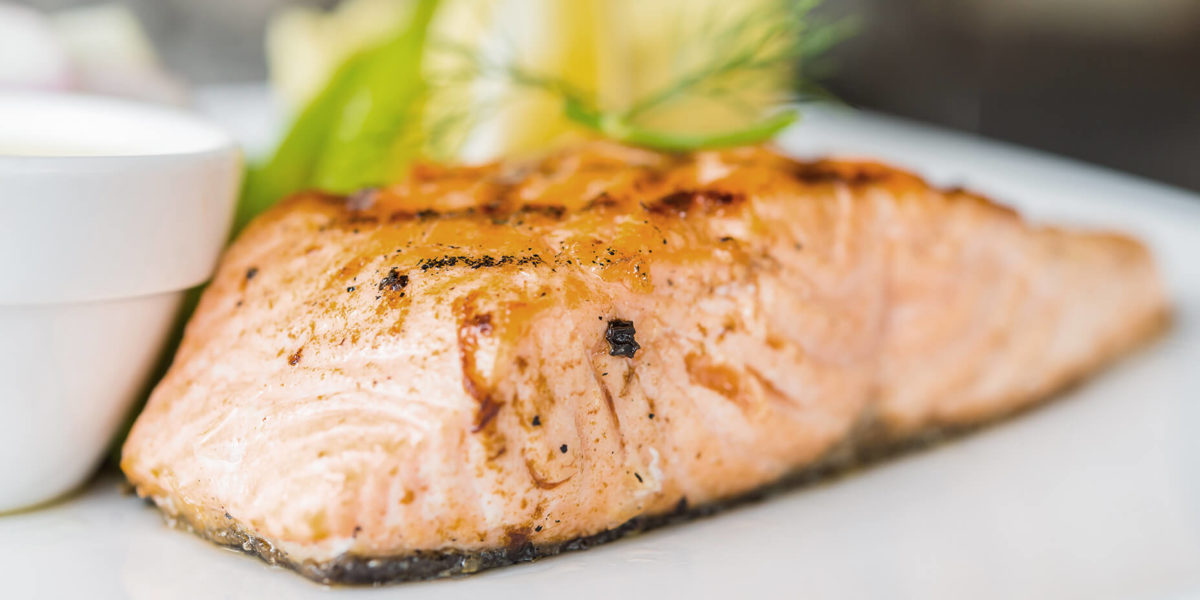
Common Questions
What nutrient is the nutrient related to osteoporosis?
The most common is calcium. However, your bones are made up of much more than just calcium. Vitamin D3, vitamin K2, magnesium, and boron are all vital. But did you know that trace minerals are important for bone health, too? For more, go here.
How do you prevent osteoporosis?
Practicing bone healthy habits before you develop osteoporosis is crucial. That includes a diet rich in whole foods, vegetables, fruits and nuts…and also exercise. This is known as building up your ‘bone bank’. Because after you reach peak bone mass (about age 40) you begin to lose 1% of your total bone mineral density each year. Once you reach your 40’s, continue getting lots of calcium and protein-rich foods. Also, workout and practice weight-bearing exercises such as walking and hiking. And begin to supplement with AlgaeCal Plus to make up for the shortfall of your diet and exercise regiment.
Which nutrient is necessary for healthy bones?
Again, calcium but so much more than that! Your bones also need vitamin K2, magnesium, vitamin D3, vitamin C, and boron. Discover the 12 bone-building vitamins and minerals you need for your bones, here.
What are some non-dairy alternatives for calcium-rich foods?
Are you lactose intolerant or simply choose to cut out dairy from your diet? That’s ok! There are plenty of calcium-rich foods to choose from. Check out the top 8 non-dairy sources of calcium here.
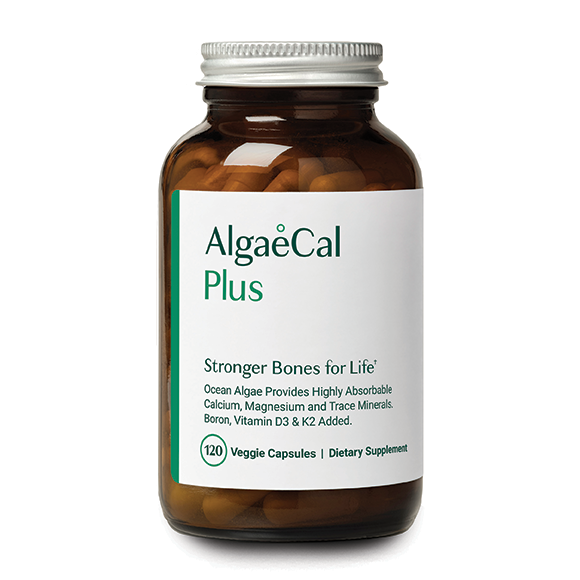 Osteoporosis is not a life sentence. There are natural ways to reclaim your bone health. And today we have focused on food. Choosing the correct foods for osteoporosis is crucial. Stay away from highly processed foods, sugar, and high salt content. And take in a lot of leafy green vegetables, fruits, and whole foods.
Osteoporosis is not a life sentence. There are natural ways to reclaim your bone health. And today we have focused on food. Choosing the correct foods for osteoporosis is crucial. Stay away from highly processed foods, sugar, and high salt content. And take in a lot of leafy green vegetables, fruits, and whole foods.
Can You Increase Bone Density?
Yes, you can increase your bone mineral density, naturally.
Following a bone-healthy diet and supplementing with AlgaeCal will ensure you are giving your bones what they need. AlgaeCal Plus is a whole-food, plant-based bone health supplement clinically supported to increase bone density. More than just calcium, it contains magnesium, vitamin K2, boron, vitamin C, vitamin D3 and over 73 trace minerals! It has been support with peer-reviewed clinical trials to increase bone density…even in your 80’s!
It’s never too late to start your bone health journey. Start today.
Sources:
- webmd.com/osteoporosis/livingwithosteoporosis7/dietdanger
- nof.org/foods
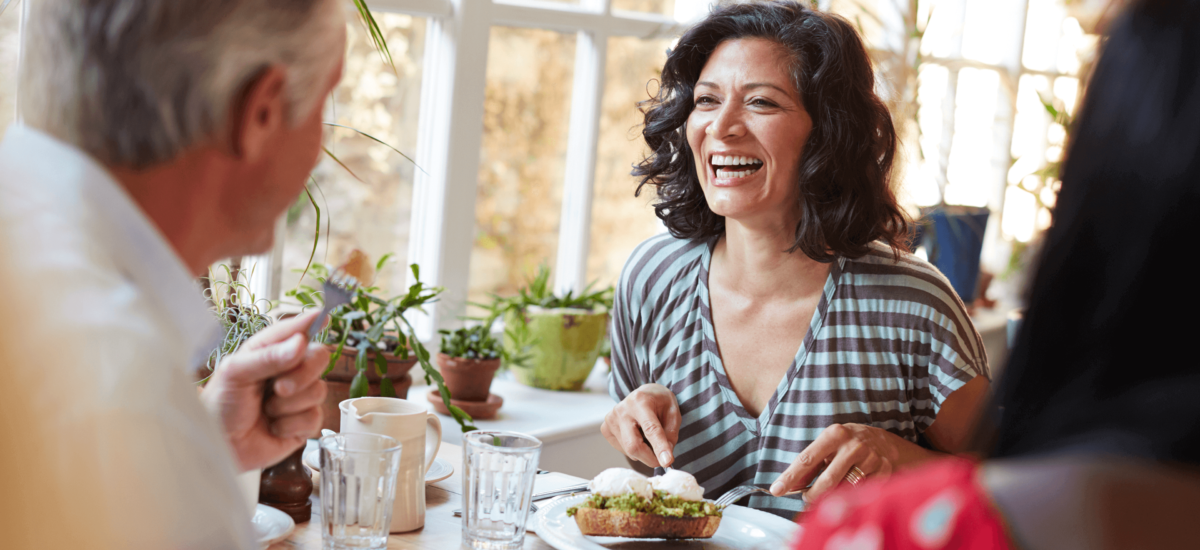




David
April 9, 2016 , 6:47 amThank you for informative article.